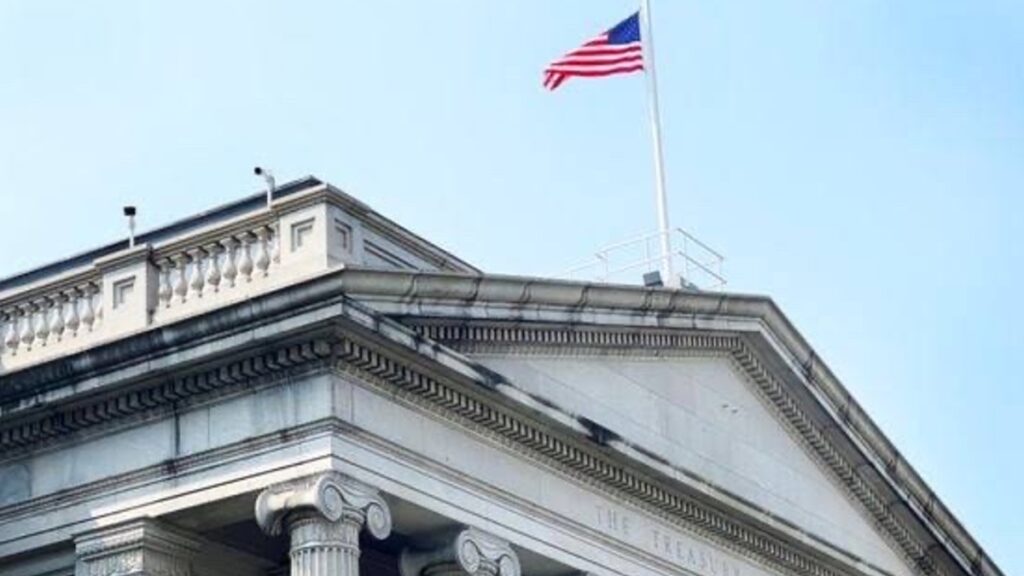In a letter to the Department of Justice, two senators questioned FinCEN’s “unprecedented interpretation” of the regulations about the lawsuits against cryptocurrency mixers.

The Department of Justice (DOJ) and U.S. Attorney General Merrick Garland were contacted by Senators Ron Wyden (D-Ore.) and Cynthia Lummis (R-Wyo.) regarding an ongoing crackdown on cryptocurrency mixers that are purportedly acting as illicit money transmitters.
Sen. Wyden emphasized that it might be against the First Amendment and years of legal precedent to hold non-custodial crypto asset software creators accountable for alleged criminal activities.
The problem originates with the Financial Crimes Enforcement Network’s (FinCEN) belief that any cryptocurrency mixers or services that permit asset transactions meet the criteria for money transmitters and should, therefore, be registered with the appropriate authorities.
The senators contended that FinCEN’s most recent interpretation, validated in a document submitted a month ago, was in direct opposition to the true intent of the statute.
A letter from a bipartisan group, dated May 9 and made public on May 13, states that in order for a service to be considered a money transmitter under this law, it must have control over the assets. Senator Cynthia Lummis:
“Wallet software is no more to blame for illicit finance than a highway is responsible for a bank robber’s getaway car.”
War on Crypto Mixers, digital assets
Senators Wyden and Lummis have questioned the DOJ’s FinCEN tactics due to lawsuits against cryptocurrency mixers such as Tornado Cash and Samourai Wallet. The platforms are credited to their five founders, either in custody or awaiting a decision in their legal proceedings.
Advocates for the industry maintain that builders shouldn’t be held accountable for the illegal use of their software, pointing out that holding someone responsible for generating a line of code might stifle innovation and the development of new technologies.
Additionally, some on-chain participants expressed that the US lacks clear digital assets policies, leaving users high and dry. Although several measures in Congress aim to address these issues, experts wonder if specific legislation will be acted upon in an election year.
